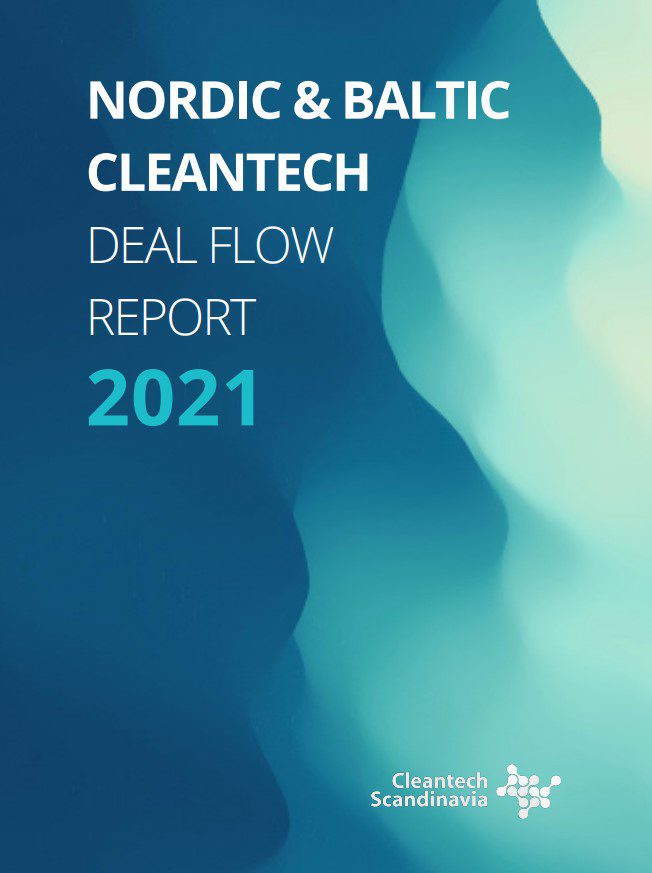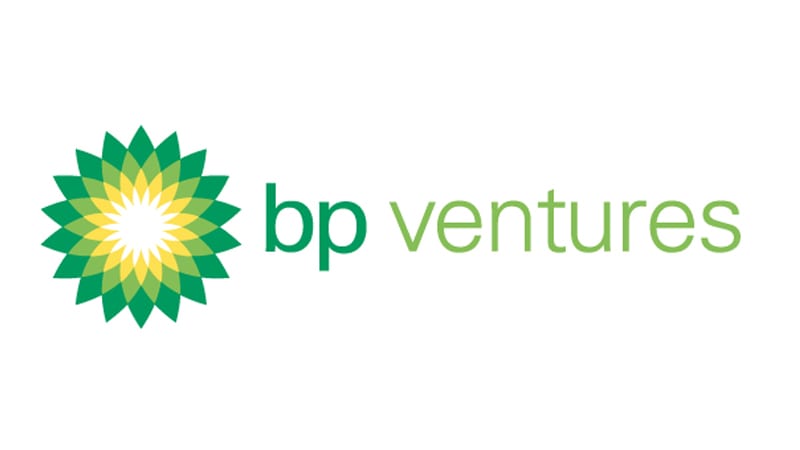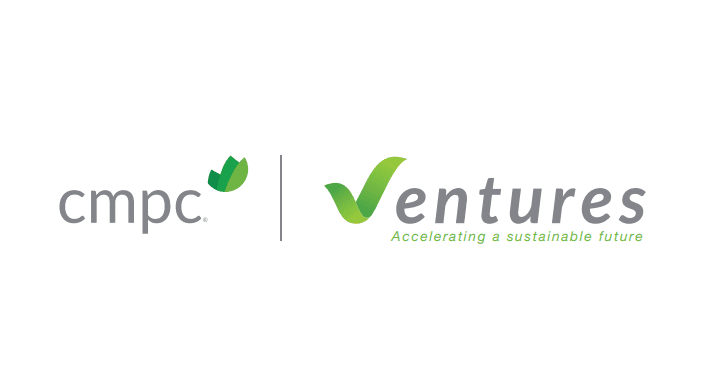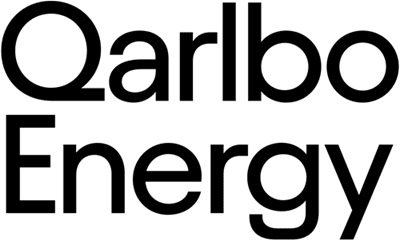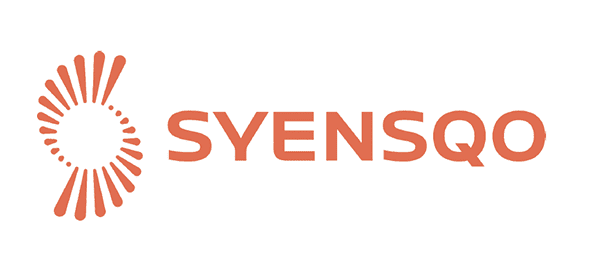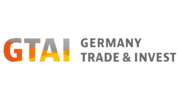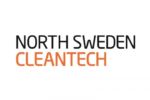NEW REPORT ON PRIVATE CLEANTECH INVESTMENT TRENDS IN 2021
By Aziliz Le Rouzo | March 22nd, 2022
2021 sees remarkable growth in cleantech investments.
With a total of 6.46 Billion € invested in Nordic and Baltic cleantech startups, this year marks a transformation for the cleantech ecosystem. This trend is in line with a booming European venture landscape as funding for European startups overall increased by 159% this year. By comparison, private investments in the Nordic cleantech sector increased by 241% from 2020 to 2021. Considering both the Nordic and Baltic countries, this figure reaches an impressive 252% increase. This growth is driven by an increase in larger deals, where 2021 saw a doubled share of deals ranging from 10 M € to 20 M €. Investing strategies are shifting in response to emerging regulations such as the EU’s Sustainable Finance Disclosure Regulation and the accelerated focus on environmental, social and governance (ESG) criteria in private markets. 2021 boasts many encouraging signs that high-impact innovations will get the funding they need to scale up and lead the transition to low-carbon economies.
A venture landscape increasingly dominated by non-Nordic investors.
The share of investment rounds that included non-Nordic European investors doubled compared to 2020, while the share of rounds that included non-European investors increased by 5 percentage points. Together, investment rounds that included non-Nordic investors represent 87% of the total amount invested. In order to better understand the origin of the funding, we collected new data on up to five investors per round. This analysis revealed that investors from 30 different countries were involved in the 311 private venture rounds collected this year.
Sweden’s cleantech innovation scene faces increased competition from its Nordic and Baltic neighbours.
While Sweden still claimed the lion’s share of investments this year, the Nordic leader is facing increasing competition from its neighbours. Norway experienced the strongest growth in investments amongst Nordic countries, with a total of 929 M € invested. Looking at the Baltics, Estonia is attracting an increasing number of deals. The Baltic champion raised 75 M € through 21 deals providing growing competition to Finland and Denmark.
Investment focus in line with net zero targets?
The Transportation and Logistics sector dominated the scene this year, with an 82% increase in its deal volume, now representing 16% of all deals. While this sector has a key role to play in the transition to low-carbon economies, e-mobility solutions are enjoying a hype which comes at the expense of other high-impact technologies. While showing a similar deal volume, significantly less was invested in the Agricultural sector this year, despite the world’s food systems being responsible for more than one-third of global anthropogenic greenhouse gas emissions. Large emission-reduction opportunities are left untapped and accelerated action is needed in key sectors such as agriculture, manufacturing and industry to reach our climate goals. Investors need to target nascent technology areas with high impact potential to accelerate sectoral tipping points.
The race to net zero without women?
Brand new statistics that we have developed this year show that there is a major funding gap in the Nordic Cleantech Ecosystem. Female-led startups receive an insignificant share of the capital invested in the sector. While Nordic countries have long been championed as leaders in gender equality, this is not reflected in investment activities. As a whole, Nordic countries show the same funding disparities as the CEE region. Interestingly, Denmark stands out from its Nordic neighbors with more than one third of funding going to female-led startups. We are still, however, far from achieving equality and women are missing out on a chance to shape our future. Failing to address this gap constitutes a big risk as greater female representation is not only a key driver for performance but also essential in building an inclusive, sustainable future.

